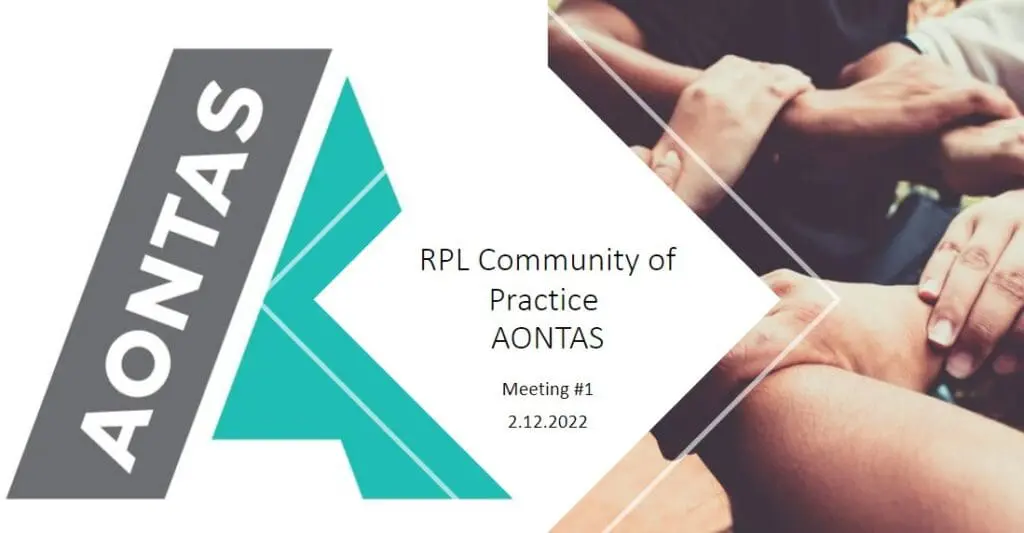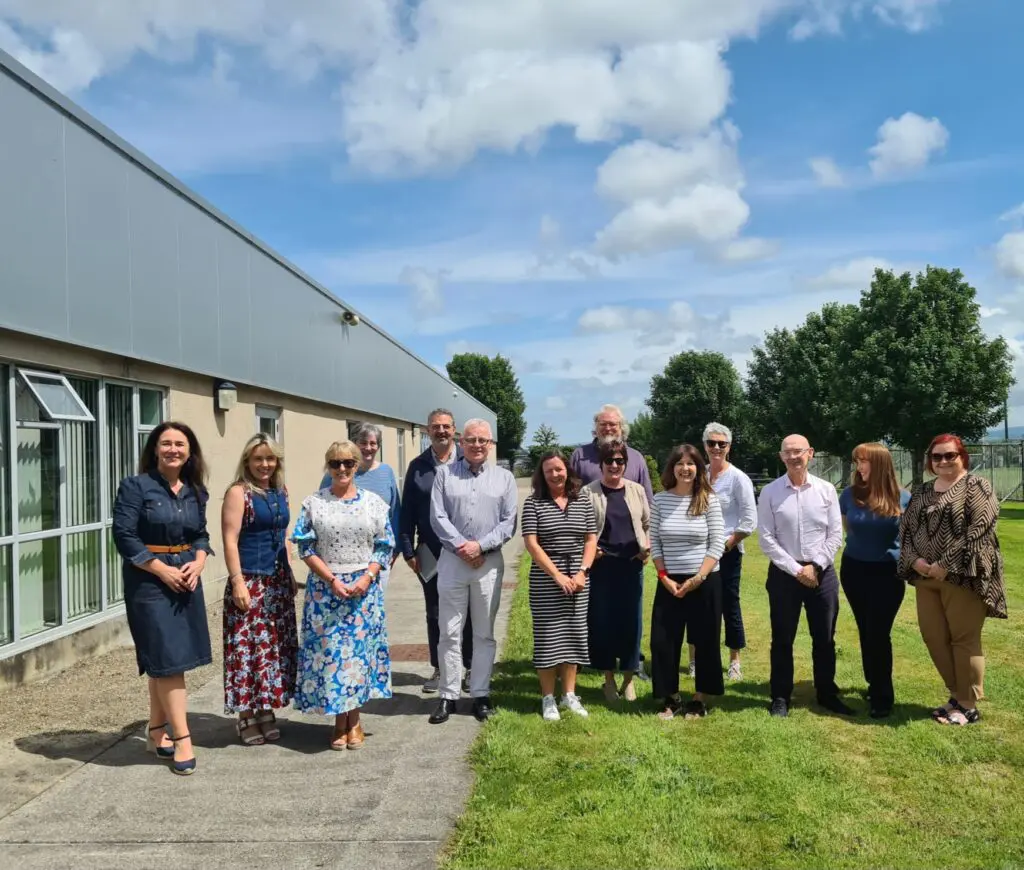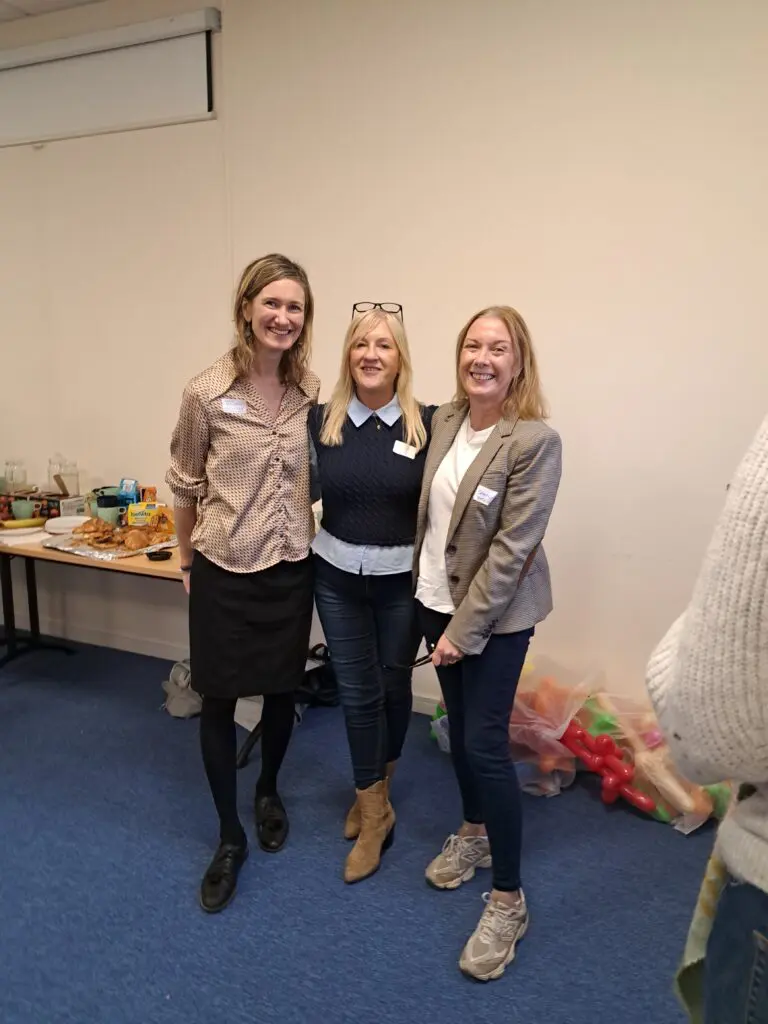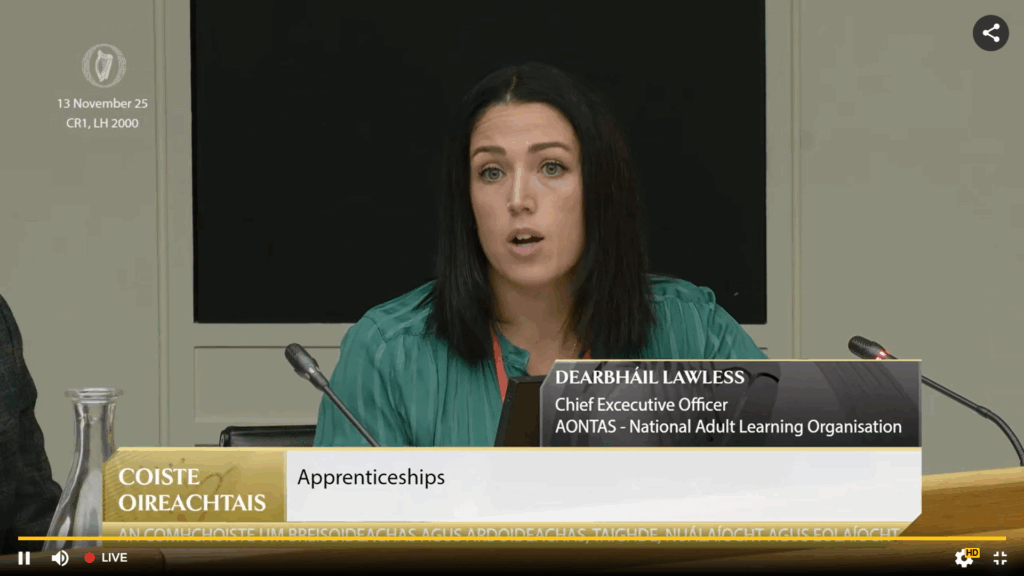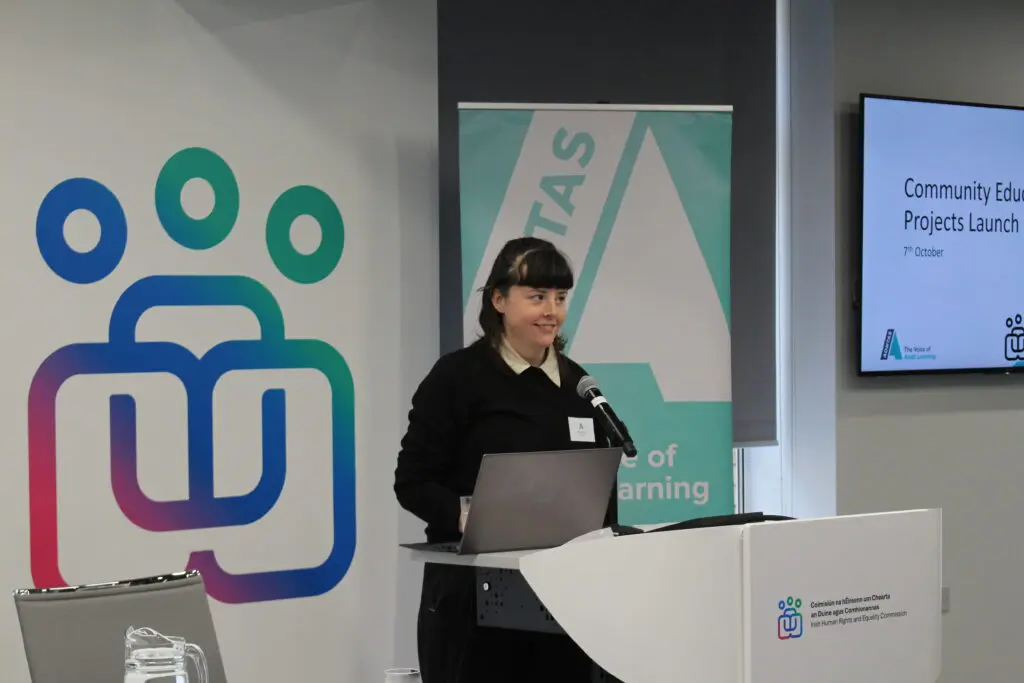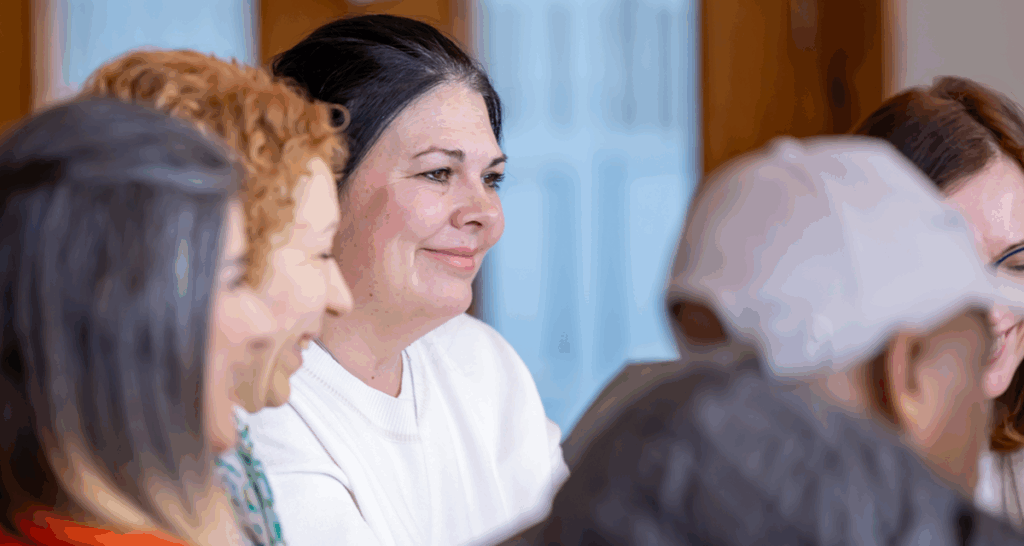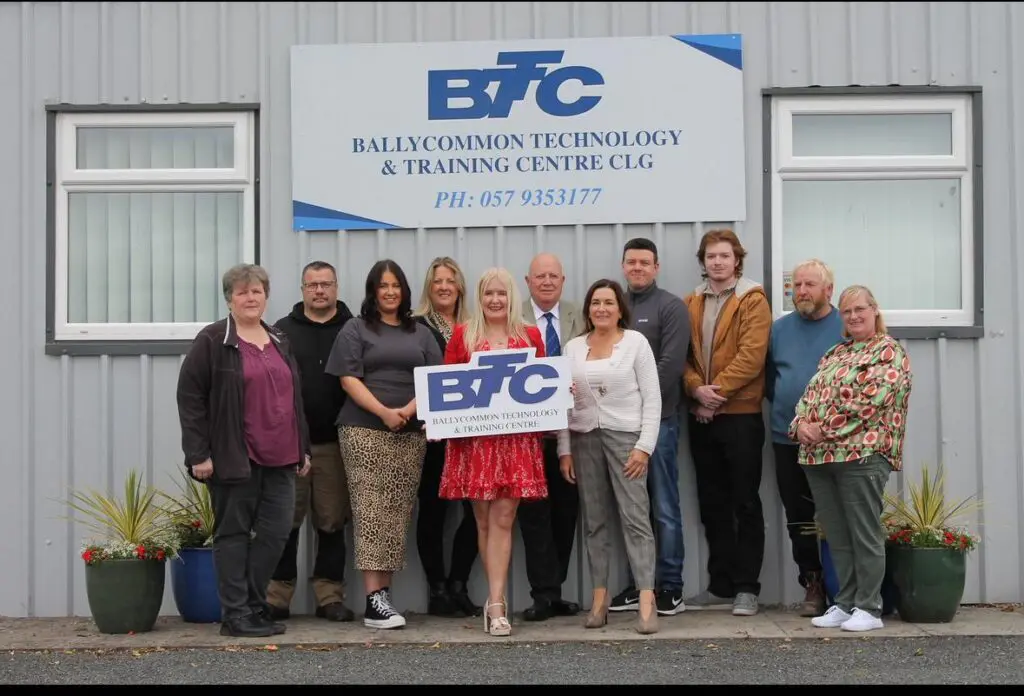It recognises people’s expertise gained through their work or life experience, or through a different education provider.
‘Experience’ is the key word here, experiential learning was first described by John Dewey over a hundred years ago but it is hard to measure and assess, so formal education tends to ignore it. At AONTAS, we are currently working with University College Cork and practitioners across the adult and community education sector on measuring, valuing and validating learners’ experiences. It means that people could get a qualification or certificate, without starting from scratch or going back to the basics of a topic or area that they might know very well.
This kind of recognition process is practised in many different countries across the world. It is a way of valuing learning for people across their lives. It is important for educational equality, and for opening up opportunities for people who come from under-resourced communities or those who had a difficult experience at school or in their education. It gives people a better chance of getting a job that they are really knowledgeable or passionate about, and that recognises their experience. In some courses and programmes, people can get exemptions from certain modules or sections if they already have significant expertise in the area. In some cases, people can directly become certified.
We have done some really interesting work with our members on RPL. We started by publishing Recognition of Prior Learning Research, the pilot study conducted by Dr Ciara Staunton. Following on from this we worked with University College Cork to develop a Level 7 course funded by the previous EAAL project, which ran again from January to April this year. The course aims to equip participants with the theory, praxis, and language of RPL. Community and adult education practitioners can then apply their existing ways of working to use RPL to help people see the value of their life experience and get it formally validated by QQI or other bodies.
Following these projects, we also began a “Community of Practice” group for adult educators who completed the RPL course. This group provides a community of knowledge-sharing and support in building coalitions among practitioners, sharing ideas and information, and problem-solving. We lead and coordinate the meetings. We also set up an online member-based communication channel for updates and information exchanges- our RPL Community of Practice channel brings together resources and best practice examples. If you would like to join, simply complete our Community of Practice registration form.
This work is part of the RegALE Erasmus+ project, in which AONTAS is a partner. This project is working to increase regional and local connections and networks in adult learning, in Ireland and across Europe.
